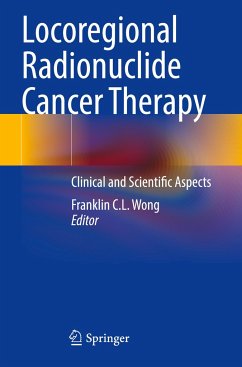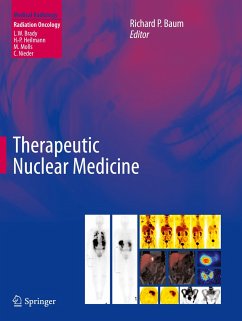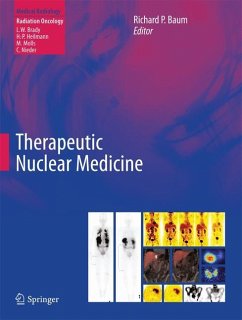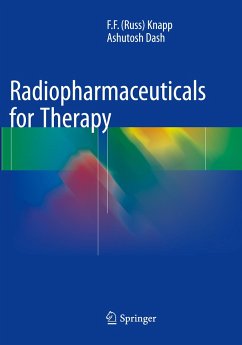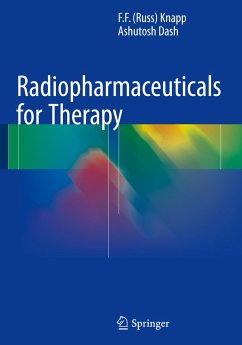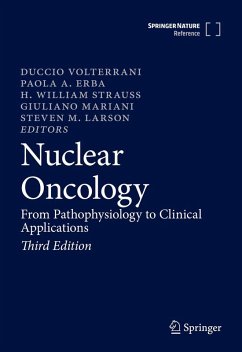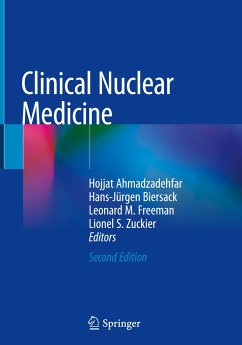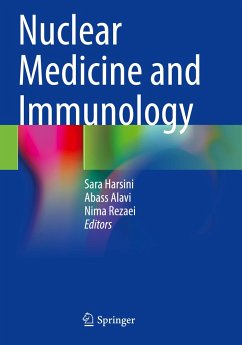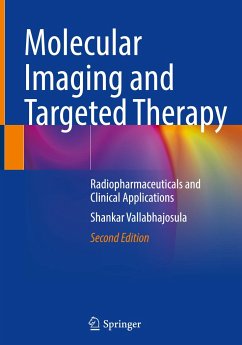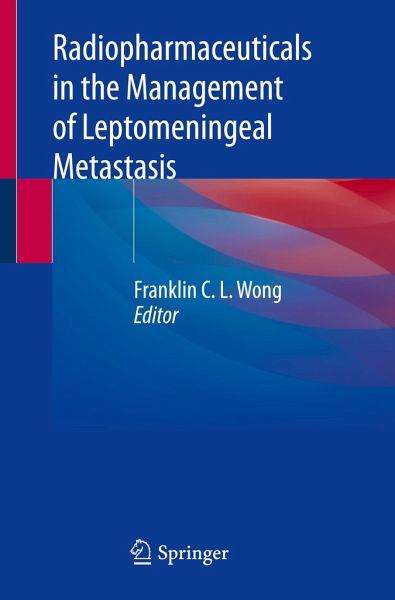
Radiopharmaceuticals in the Management of Leptomeningeal Metastasis

PAYBACK Punkte
45 °P sammeln!
This book reviews the current clinical practice of leptomeningeal metastasis (LM) diagnosis and treatment, which is predominately by intrathecal chemotherapy and/or in combination with external beam radiotherapy. LM is a refractory lethal complication of many human malignancies when neoplastic cells grow in the meninges. The use of penetrating emissions from radionuclides has the advantages of visualizing cerebrospinal fluid (CSF) flow and ablating meninges at shallow depths and has been used to diagnose CSF flow anomalies and to treat LM. The scientific bases of using radionuclides inside hum...
This book reviews the current clinical practice of leptomeningeal metastasis (LM) diagnosis and treatment, which is predominately by intrathecal chemotherapy and/or in combination with external beam radiotherapy. LM is a refractory lethal complication of many human malignancies when neoplastic cells grow in the meninges. The use of penetrating emissions from radionuclides has the advantages of visualizing cerebrospinal fluid (CSF) flow and ablating meninges at shallow depths and has been used to diagnose CSF flow anomalies and to treat LM. The scientific bases of using radionuclides inside human CSF and ablating LM will be discussed within the text, with results from established and completed clinical trials to explore optimal use of radionuclides to diagnose and treat LM. Many limitations of current practices of treating LM are also discussed, as well as potential avenues of overcoming these limitations. This book is an ideal guide for clinical researchers in the practice of treating leptomeningeal metastasis including radiologists, neurologists, oncologists and radiotherapists as well as their associates.



